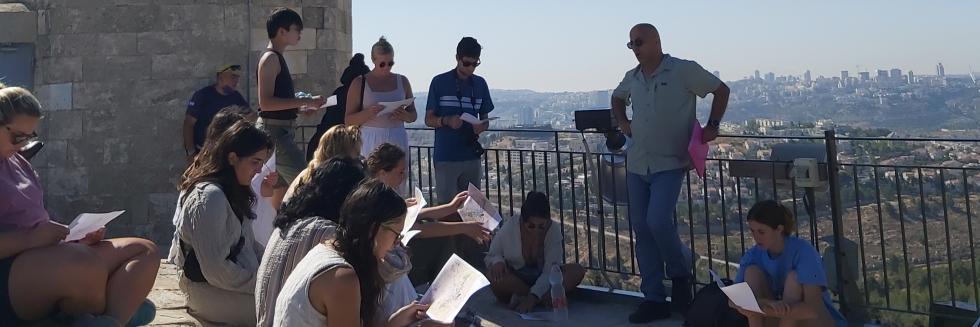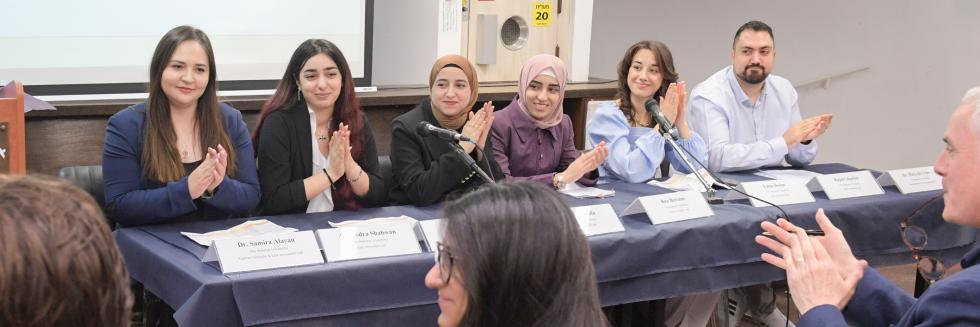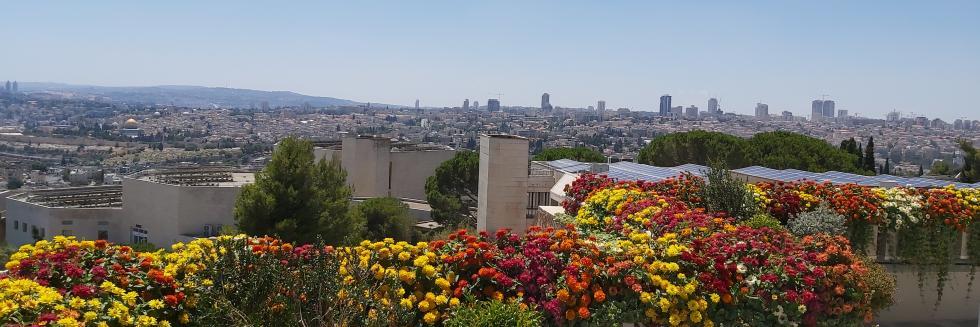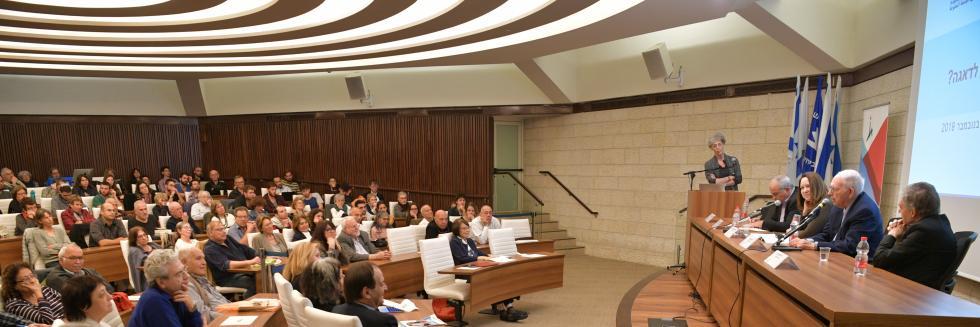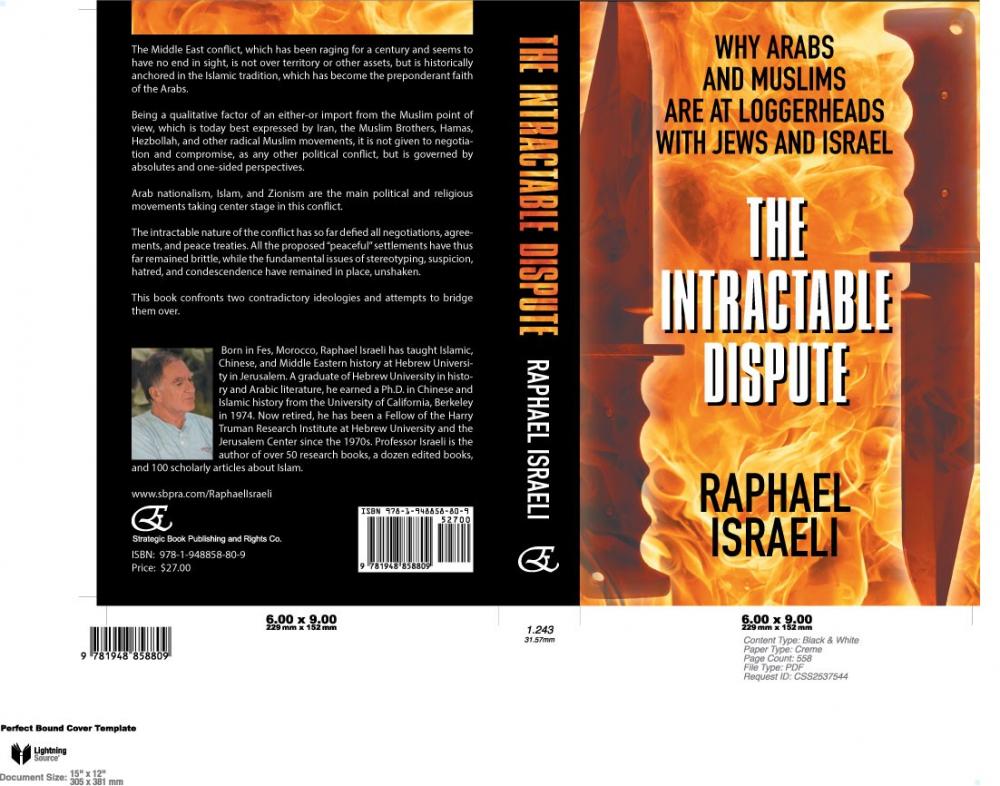Citation:
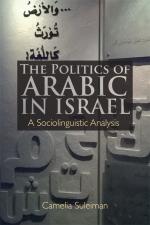
Abstract:
Explores the contradictory position of Arabic being both the official language and marginalized in Israel
Arabic became a minority language overnight in Israel in 1948, as a result of the Palestinian exodus from their land that year. Although it remains an official language, along with Hebrew, Israel has made continued attempts to marginalize Arabic on the one hand and securitize it on the other. Camelia Suleiman delves into these tensions and contradictions, exploring how language policy and language choice both reflect and challenge political identities of Arabs and Israelis. She explores the historic context of Arabic in Israel, the attempts at minoritising, Orientalising and securitising the language, the Linguistic Landscape (LL) of Arabic in Israel, the effect of globalization, modernization and citizenship status on the status of Arabic, Hebrew as a language choice of (semi) autobiographic production of three Israeli authors who are native speakers of Arabic, and lastly, a comparison with the status of Arabic in both Jordan and Palestine (West Bank and Gaza Strip) where Arabic is the official language

